In 2019, Honors faculty created a fellowship and lecture series as a public showcase for the incredible work of arts and sciences faculty across campus. Faculty named the lecture series after L. Jackson (Jack) Newell, given his long-standing commitments to scholarly and creative depth and engaged, ethical leadership. This fellowship and lecture series allows us to continue Jack’s tradition of honoring liberal arts and science faculty with a deep passion for their work and a desire to communicate their work in the public interest.
About L. Jackson (Jack) Newell
Jack Newell, a historian and philosopher of higher education, joined the University of Utah as professor of higher education in 1974. He served for sixteen years as Dean of Undergraduate Studies. In that role, Jack relentlessly pursued passionate liberal arts and science faculty and persuaded them to teach undergraduate courses, taking students with them to the frontiers of our knowledge. Jack is a founder of the Clemente Program in the Humanities, and a tireless advocate for engaged citizenship, including during his tenure as President of Deep Springs College.
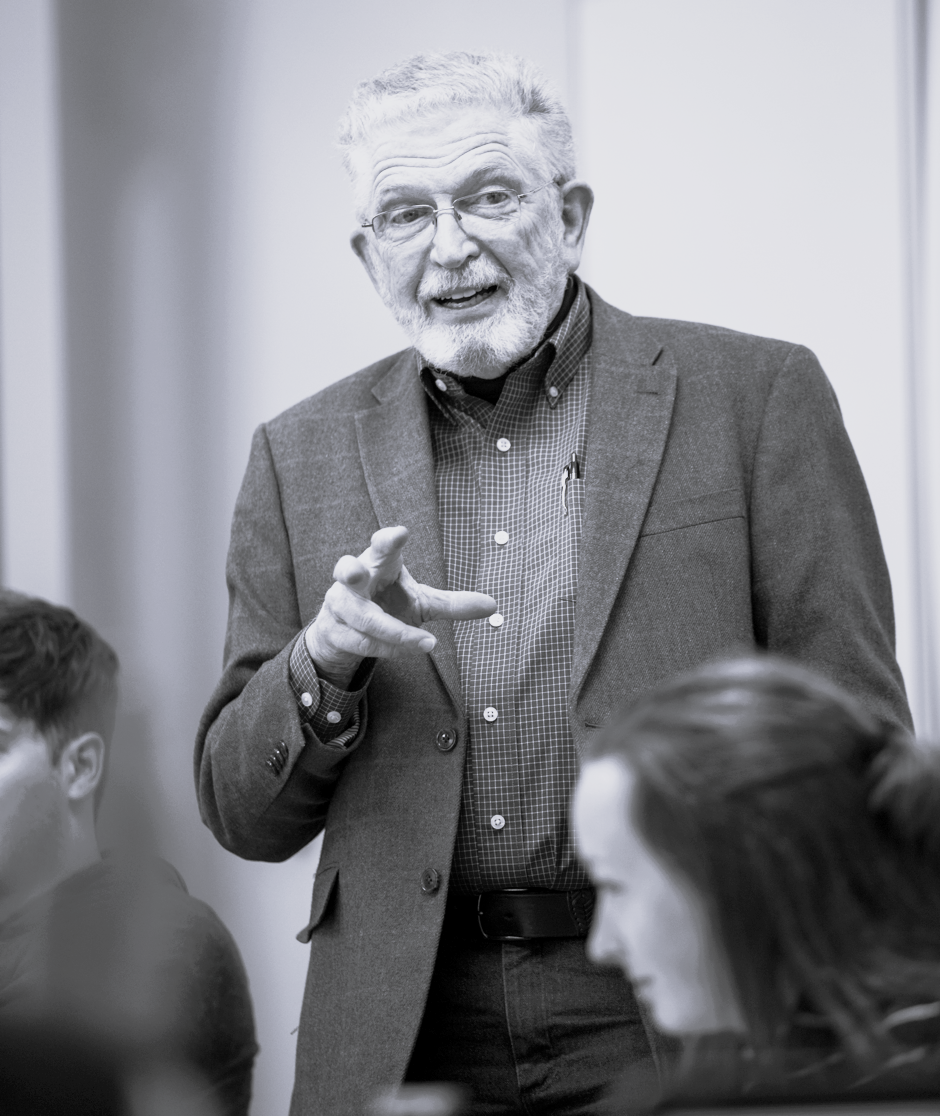
Search
Lecturer Department
Lecture Date
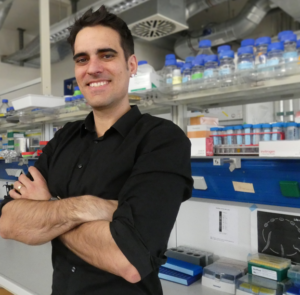
Michael Werner
Extreme environments enable the study of simplified food-webs and serve as models for early Earth ecology. In 2021 the Werner Lab began to investigate the diversity of invertebrates in the benthic zone of Great Salt Lake; one of the most hypersaline lakes in the world. Here, we report the presence, habitat, and microbial interactions of nematodes - representing only the third animal taxa in Great Salt Lake, and one of the most extreme environments nematodes have ever been found in. These findings update our understanding of halophile ecosystems and the habitable limit of animals.
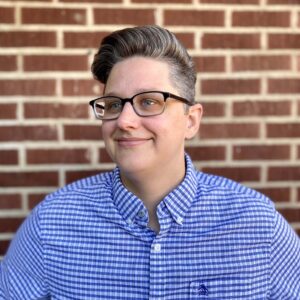
Kendall Gerdes
Contemporary debates about higher education are often framed in terms of sensitivity; students, especially student activists, are accused of being coddled, fragile, and overly sensitive. By examining these issues rhetorically, Dr. Gerdes explores what kind of harm can language and representation actually do – and how. Challenging the commonplace denigration of sensitivity, Dr. Gerdes presents research from her forthcoming book, Sensitive Rhetorics, that shows how a rhetorical theory based on sensitivity can help students, faculty, and administrators to make sense of both our principles and our responsibilities to one another.
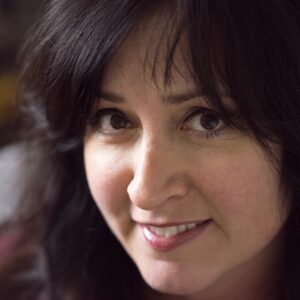
Wendy Wischer
As an interdisciplinary visual artist, I am compelled to focus on environmental issues; finding pathways to translate data into personal meaning and create artwork that moves the viewer poetically. Through my explorations, a wide range of data is sought after that can be used to creatively link nature with technology, science with mythology and personal identity with universal connections while addressing our current environmental crisis in hopes of finding impactful ways to connect people more deeply with the environments they live in and with each other.
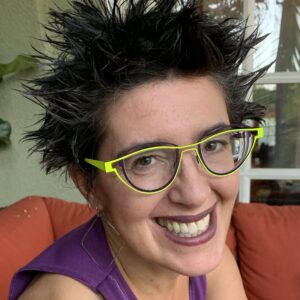
Lisa Diamond
Why are some of us sexually attracted to certain genders, but not others? Historically, this question has been framed in terms of same-gender (“gay”) versus other-gender (“heterosexual”) sexuality, but it’s really a question about gender and sexuality more broadly. Why does gender matter at all for human sexual expression? And, by the way, what exactly is gender?
The answers to these questions vary dramatically depending on one’s disciplinary field: Historians provide different answers than sociologists, who provide different answers than evolutionary biologists, who provide different answers than psychologists, who provide different answers than queer theorists. None of these perspectives are “right” -- alternating between them is the only way to fully grasp the complexity of social, interpersonal, biological, and cultural influences on gender and sexuality. In this talk, Lisa Diamond discusses how the field of genetics has begun to radically transform our thinking about same-gender sexual expression. In 2019, a top-notch team of geneticists published a landmark study in Science analyzing the full genomes of nearly 500,000 US and U.K. adults.
The “take-home” message trumpeted in media coverage of the study was relatively simplistic: “Same-gender sexual behavior is genetically influenced.” But what exactly does that mean? Does it imply that sexual orientation is genetically influenced? How do the findings of this landmark study concord with what we know from historians, sociologists, and psychologists about gender and sexuality?
Dr. Diamond argues that these new genetic findings contain the seeds of a radical new perspective on gender and sexuality, one which has the potential to bridge divergent disciplinary perspectives on this topic and to yield new understanding of the mental and physical health implications of human sexual expression.
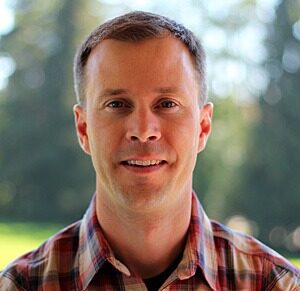
Jeff Moore
Rock landforms are dynamic, sensitive, and fragile features and are constantly broadcasting their state of health; we need only listen with the right set of tools to experience and begin to interpret this language.
Dr. Moore based his research on monitoring the structural health of the rock arches and towers in Southern Utah through the ambient vibrations emitted from these spectacular geologic sculptures. Dr. Moore’s work has been featured in publications such as the New York Times, the National Science Foundation, and BBC News.
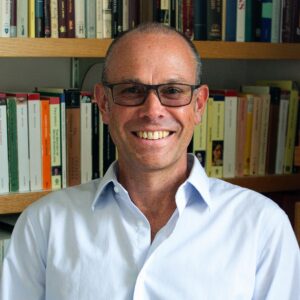
Scott Black
Inaugural Lecture: This year’s L. Jackson Newell fellow is Scott Black, Professor and Chair of the English department. His September 19 talk will be about Ursula K. LeGuin’s book “Five ways to forgiveness” – which was the summer read for incoming students. His talk outlines issues in the control (or lack of control) humans may have in relation to the natural world, and the ways that LeGuin’s fiction illuminate the limits of control and the need for a different relationship with our world, one in which technological advances are not going to save things in the utopian sense in which we may have imagined the future.
